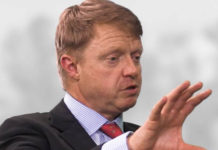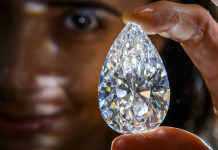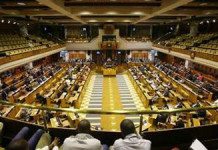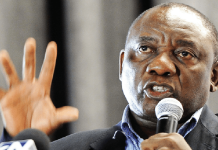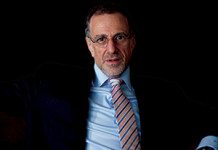
[miningmx.com] — IVORY Coast opposition candidate Henri Konan Bedie promised to diversify the cocoa-dependent economy into commodities such as oil and gold as he rallied thousands of supporters just days before a presidential vote.
The West African nation, which holds its first presidential elections for a decade on Sunday, has long been dependent on its exports of cocoa, which feed 40% of world demand, but is keen to do more to exploit its mineral and oil wealth.
Bedie faces President Laurent Gbagbo and the other main opposition candidate Alassane Ouattara in a close poll that most analysts believe will have to go to a second round.
“We will push Ivory Coast towards industrialisation by exploiting its untapped natural resources, iron, nickel, gas, oil, gold, manganese, diamonds,” he told the cheering crowd on Wednesday evening in Felix Houphouet-Boigny stadium, named after the country’s post independence leader.
“The main aim will be to make the mineral and energy sector the new engine of national development.”
He did not go into details about how this would be achieved.
Mining is becoming increasingly important in Ivory Coast, and some officials expect gold output to triple by 2015 to about 20 tonnes per year as three new mines start up, including one owned by Randgold Resources’.
There are also plans to start extracting iron ore and nickel from proven deposits in the west.
Offshore, oil companies are searching for more crude, to boost production from its average 50,000 barrels per day.
Bedie governed the country from 1993 until a coup in 1999, succeeding Houphouet-Boigny’s “golden age” of agriculture-led growth that saw construction of skyscrapers and highways that were the envy of neighbouring countries.
An opinion poll by TNS Sofres this month rated Bedie as second most popular candidate, after Gbagbo.
He has pledged to restore the nation to that golden age but his rhetoric has focused more on sectors outside cocoa.
None of the candidates are likely to deviate much from cocoa reforms agreed with the IMF and World Bank, such as tax cuts and restructuring of the cocoa regulating body.



